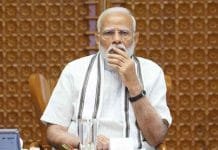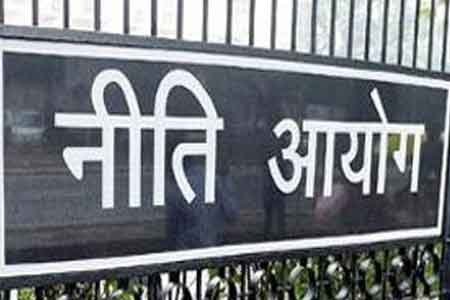Ottawa – The political landscape in Canada is witnessing unprecedented turmoil as Prime Minister Justin Trudeau finds himself cornered by his own party amidst escalating diplomatic tensions with India. The recent diplomatic rift, sparked by serious allegations surrounding the assassination of a Sikh separatist leader, has not only strained international relations but has also intensified calls for Trudeau to resign from his position.
Internal Party Dissent: A Call for Change
The Liberal Party, under Trudeau’s leadership, has seen a significant dip in its popularity, prompting a faction of its own MPs to voice concerns regarding his suitability for another term. These dissenting voices are not just whispers in the halls of Parliament; they have materialized into a formal ultimatum, demanding that Trudeau announce his decision regarding the upcoming election candidacy by October 28.
Notably, 20 MPs have signed a letter explicitly urging Trudeau to step down, highlighting a growing schism within the party. This development underscores the fact that internal dissatisfaction is brewing, and many party members believe a leadership change is essential for the Liberal Party to regain its footing before the next election.
The Impact of Falling Popularity
Trudeau’s tenure has been marred by declining public support, exacerbated by his government’s handling of various domestic and international issues. Recent polls indicate that the Liberal Party is trailing significantly behind the Conservative Party, raising serious questions about Trudeau’s ability to lead effectively.
The implications of this decline in popularity are profound. Ken MacDonald, one of the dissenting MPs, expressed the necessity for Trudeau to “start listening” to the concerns of both the party and the public. His candid acknowledgment of the party’s falling approval ratings and the decision not to run in the next election reflect a broader sentiment within the party that change is essential for revitalization.
Trudeau’s Response and Party Dynamics
In the wake of mounting pressure, Trudeau convened a meeting with key party leaders to discuss the challenges ahead. Post-meeting, he projected an image of unity and resilience within the Liberal Party, asserting that it remains “strong and united.” However, the stark contrast between his optimism and the sentiments expressed by the 20 dissenting MPs raises concerns about the genuine state of party cohesion.
The Challenges of Leadership
Trudeau’s leadership has faced scrutiny not only from within his party but also from the electorate. His administration’s handling of the COVID-19 pandemic, rising inflation, and international crises have contributed to a perception of ineffectiveness. As discontent grows, the prospect of a leadership challenge looms larger, with various factions within the party positioning themselves for a potential shift in power.
The Diplomatic Quandary with India
Amidst the internal strife, the diplomatic spat with India continues to escalate. The allegations regarding Indian involvement in the assassination of Hardeep Singh Nijjar, a prominent Sikh separatist leader, have strained Canada-India relations, leading to a diplomatic fallout that neither country anticipated.
Consequences of the Diplomatic Fallout
This crisis has not only affected diplomatic ties but also resonated deeply within Canada’s diverse communities, particularly among the Sikh diaspora. The fallout from the diplomatic dispute is likely to have long-lasting effects on Canada’s foreign policy and its relationship with a key ally in Asia.
Public Sentiment and Political Fallout
Public sentiment is increasingly shifting as citizens express frustration over the government’s handling of both domestic issues and international relations. The need for effective governance and the ability to navigate complex international landscapes is more critical than ever. The perception that Trudeau has mismanaged these critical areas could further jeopardize his political future.
A Crossroads for the Liberal Party
The current situation presents a crossroads for the Liberal Party. Should Trudeau heed the calls for resignation, it could pave the way for new leadership that may reinvigorate the party’s base and appeal to the electorate. Conversely, if he chooses to remain in power, he must address the concerns of his party members and the public to regain trust and confidence.
Possible Outcomes and Scenarios
As the October 28 deadline approaches, several scenarios may unfold:
- Resignation: Trudeau might announce his decision to step down, enabling a leadership race that could rejuvenate the party.
- Reaffirmation of Leadership: He could opt to stay, promising reforms and changes in strategy to address internal and external challenges.
- Coalition Building: Trudeau may seek to strengthen alliances within the party and beyond, potentially mitigating dissent through shared governance.
Each scenario presents its own set of challenges and opportunities, underscoring the intricate dynamics at play within Canadian politics.
















